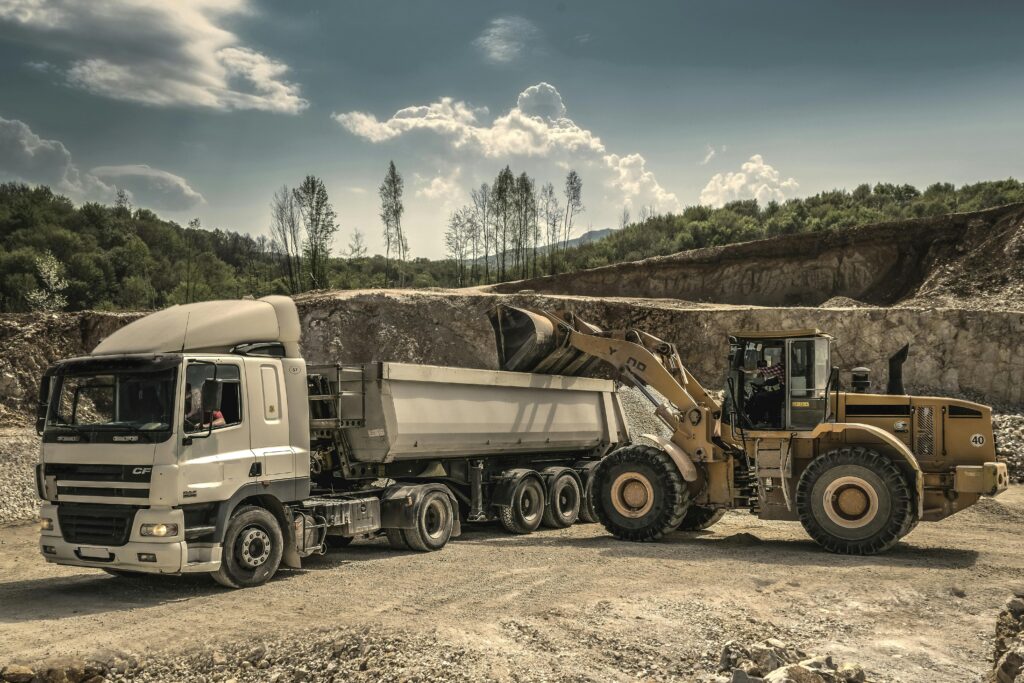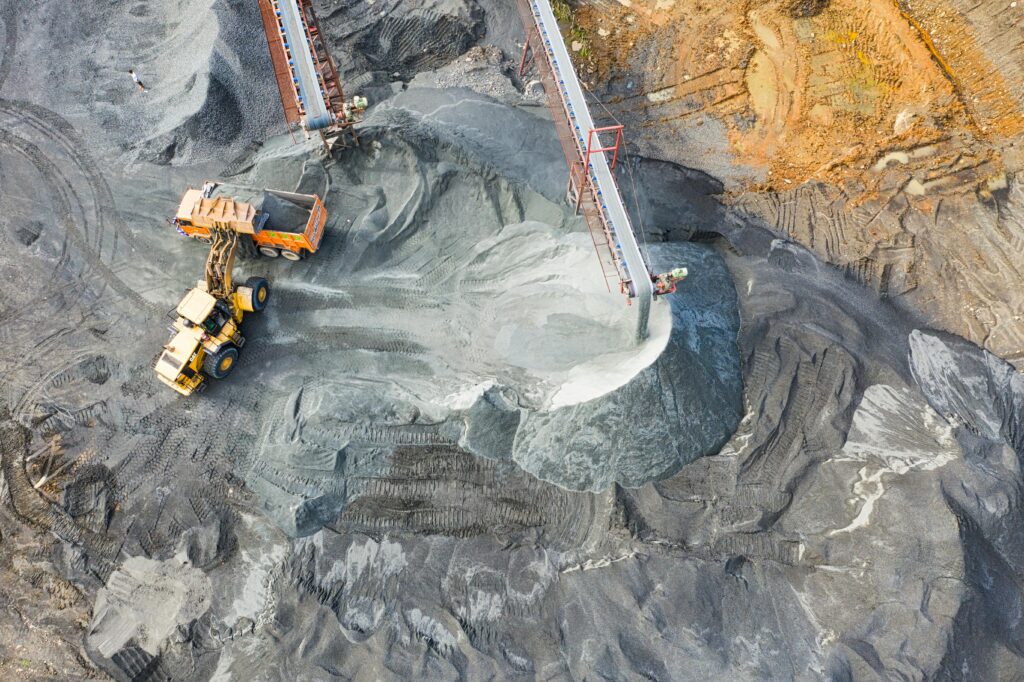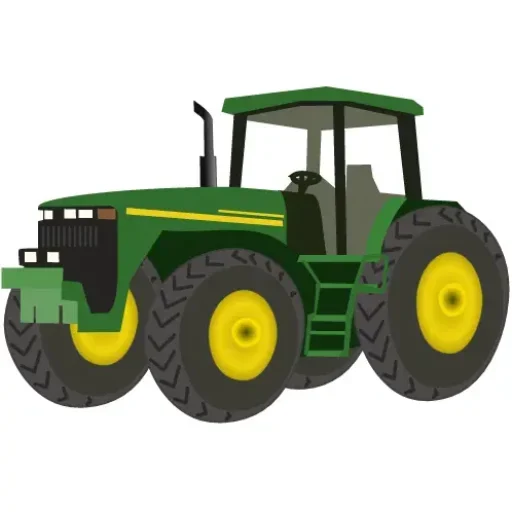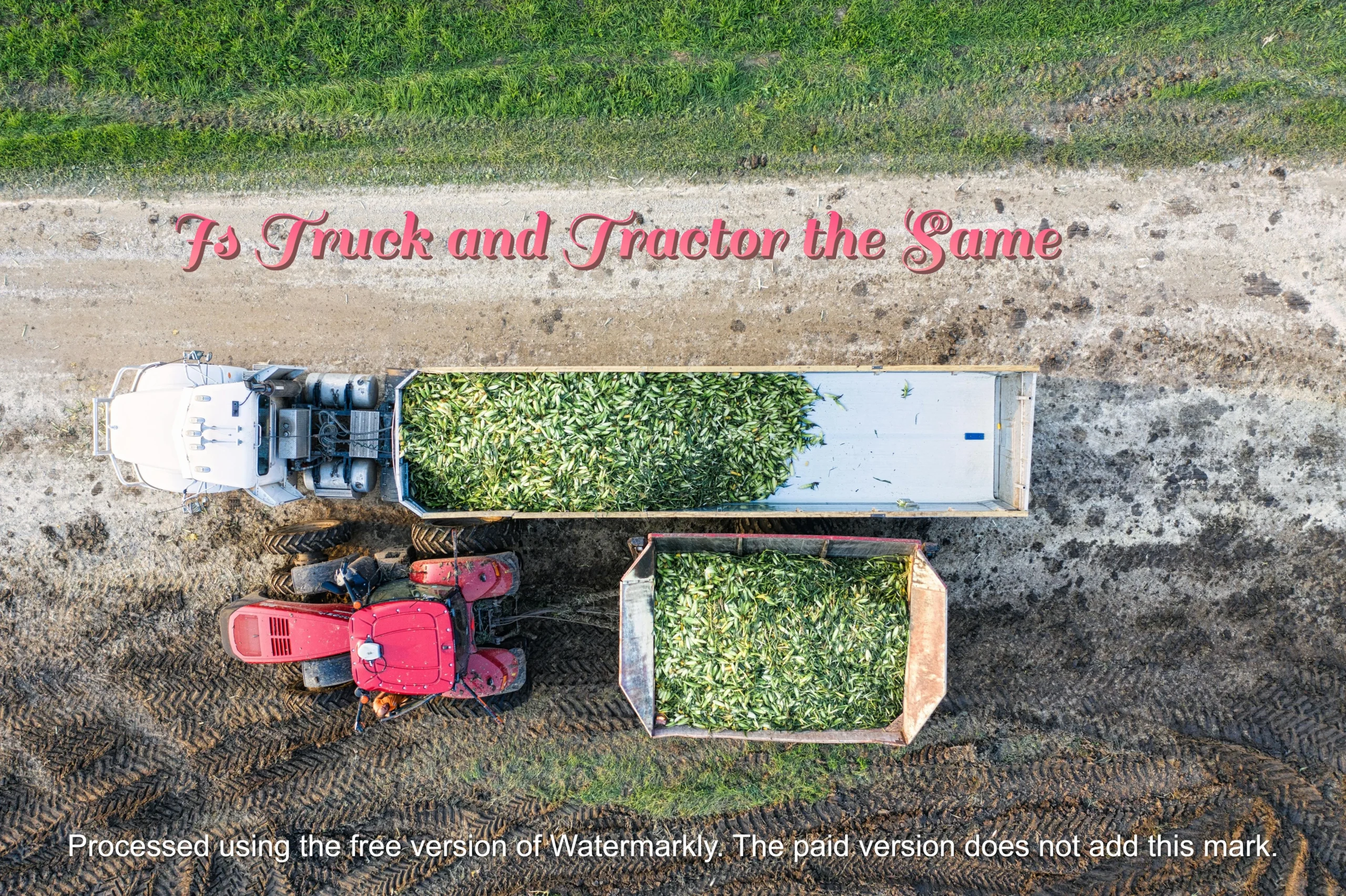A truck is primarily designed for transporting goods on roads, while a tractor is a versatile machine used in agriculture and construction, often equipped to pull heavy loads or power implements. Despite both being powerful vehicles, their functions and designs set them apart.
Introduction
In the vast world of automotive and agricultural machinery, two terms often generate confusion among enthusiasts, professionals, and casual observers: trucks and tractors. Discover the comprehensive guide explaining the key differences between trucks and tractors, their unique characteristics, applications, and technological innovations.
While both are powerful vehicles designed to transport or perform work, they are fundamentally different in their purpose, design, and functionality. This comprehensive guide aims to unravel the complexities surrounding trucks and tractors, providing an in-depth exploration of their unique characteristics, applications, and distinctive features.
The question “Is truck and tractor the same?” is more nuanced than a simple yes or no answer. By the end of this article, readers will gain a clear understanding of the fundamental differences between these two remarkable machines and appreciate their specialized roles in various industries.

Trucks Definition and Characteristics
What is a Truck?
A truck is a motor vehicle designed primarily for transporting goods, materials, or cargo over various distances and terrains. Trucks range from small pickup trucks to massive semi-trailer trucks used in commercial transportation. They are engineered to carry substantial loads while providing mobility and efficiency across different road conditions.
Types of Trucks
| Truck Type | Primary Purpose | Typical Load Capacity | Common Applications |
|---|---|---|---|
| Pickup Trucks | Personal and light commercial transport | 1,000-3,000 lbs | Construction, farming, personal use |
| Box Trucks | Cargo transportation | 3,000-22,000 lbs | Local delivery, moving services |
| Semi-Trailer Trucks | Long-distance freight | 40,000-80,000 lbs | Interstate commerce, logistics |
| Dump Trucks | Material transportation and construction | 10,000-30,000 lbs | Construction, mining, waste management |
| Refrigerated Trucks | Temperature-controlled transport | 5,000-26,000 lbs | Food industry, pharmaceutical logistics |
Key Truck Features
- Road Mobility: Trucks are primarily designed for highway and street transportation.
- Cargo Handling: Optimized for carrying various types of loads.
- Passenger Accommodation: Most trucks include cab spaces for drivers and passengers.
- High-Speed Capabilities: Engineered for faster travel compared to tractors.

Tractors Definition and Characteristics
What is a Tractor?
A tractor is a specialized agricultural or industrial vehicle designed for pulling heavy loads, powering machinery, and performing specific work tasks, primarily in agricultural settings. Unlike trucks, tractors are built for low-speed, high-torque operations in fields, construction sites, and industrial environments.
Types of Tractors
| Tractor Type | Primary Purpose | Typical Applications | Unique Characteristics |
|---|---|---|---|
| Agricultural Tractors | Farming operations | Plowing, planting, harvesting | Large wheels, PTO (Power Take-Off) |
| Industrial Tractors | Construction and earthmoving | Excavation, land clearing | Robust build, specialized attachments |
| Garden Tractors | Landscaping and small-scale farming | Lawn maintenance, light farming | Compact size, versatile attachments |
| Utility Tractors | Multi-purpose farming and maintenance | Varied agricultural tasks | Medium-sized, adaptable design |
Key Tractor Features
- Low-Speed Performance: Optimized for slow, precise movements
- High Torque: Designed for pulling heavy loads and powering equipment
- Specialized Attachments: Can be modified with various implements
- Field and Off-Road Capabilities: Built for challenging terrains
Fundamental Differences Between Trucks and Tractors
Design Philosophy
| Aspect | Trucks | Tractors |
|---|---|---|
| Primary Purpose | Transportation of goods | Pulling, powering equipment |
| Speed | High-speed mobility | Low-speed, precise movement |
| Terrain Adaptability | Highways and paved roads | Fields, rough terrains |
| Load Distribution | Cargo area/container | Pulling and powering attachments |
Technological Variations
Truck Technology
- Advanced aerodynamics
- Complex transmission systems
- Sophisticated electronic control units
- Fuel efficiency optimization
Tractor Technology
- Robust hydraulic systems
- Power Take-Off (PTO) mechanisms
- Specialized agricultural electronics
- Durability-focused engineering
Practical Applications and Industry Roles
Trucks in Modern Society
Trucks play critical roles in:
- Logistics and supply chain management
- Construction material transportation
- Emergency services
- Personal and commercial transportation
- International and domestic freight
Tractors in Agricultural and Industrial Sectors
Tractors are essential in:
- Crop cultivation and harvesting
- Land preparation
- Construction and earthmoving
- Landscape maintenance
- Industrial equipment powering
Economic and Technological Impact
Truck Industry Innovations
- Electric and hybrid truck technologies
- Autonomous driving capabilities
- Advanced safety systems
- Enhanced fuel efficiency
Tractor Industry Developments
- Precision agriculture technologies
- GPS-guided farming equipment
- Sustainable agricultural practices
- Increased automation in farming
Historical Evolution of Trucks and Tractors
A Transportation Revolution
Early Beginnings
The concept of trucks emerged in the late 19th century, evolving from horse-drawn wagons to motorized vehicles. The first commercial trucks appeared around the 1890s, marking a significant leap in transportation technology.
Milestone Developments in Truck Technology
| Era | Key Developments | Technological Impact |
|---|---|---|
| 1890-1910 | First motorized trucks | Transition from horse-drawn to engine-powered transport |
| 1910-1930 | Standardized manufacturing | Mass production techniques |
| 1930-1950 | Diesel engine introduction | Increased power and efficiency |
| 1950-1970 | Interstate highway system | Long-distance freight transportation |
| 1970-2000 | Computer-assisted design | Advanced engineering and performance |
| 2000-Present | Electric and autonomous technologies | Sustainable and intelligent transportation |
Tractor Origins: Mechanizing Agriculture
Agricultural Transformation
Tractors represent a pivotal technological breakthrough in agricultural history, dramatically transforming farming from manual labor to mechanized production.
Tractor Evolution Timeline
| Period | Agricultural Impact | Technological Innovations |
|---|---|---|
| Pre-1900 | Manual farming | Human and animal labor |
| 1900-1920 | Steam-powered machinery | First mobile agricultural engines |
| 1920-1940 | Gasoline-powered tractors | Mass agricultural mechanization |
| 1940-1960 | Standardized tractor designs | Increased horsepower and efficiency |
| 1960-1990 | Advanced hydraulic systems | Precision farming techniques |
| 1990-Present | Digital and GPS technologies | Precision agriculture and automation |
Detailed Comparative Analysis
Mechanical Engineering Differences
Truck Mechanical Characteristics
- Chassis Design
- Optimized for road transportation
- Emphasis on aerodynamics and fuel efficiency
- Suspension systems designed for highway stability
- Transmission Systems
- Multiple gears for high-speed performance
- Complex electronic control units
- Designed for rapid acceleration and consistent speed maintenance
Tractor Mechanical Characteristics
- Chassis Design
- Robust and heavy-duty construction
- Engineered for low-speed, high-torque applications
- Wide wheelbase for stability in uneven terrains
- Transmission Systems
- Specialized powertrains for varied agricultural tasks
- Power Take-Off (PTO) mechanisms
- Hydraulic system complexity for implement attachment
Technological Innovations
Emerging Truck Technologies
- Autonomous driving capabilities
- Electric and hydrogen fuel cell propulsion
- Advanced driver assistance systems (ADAS)
- Predictive maintenance technologies
- Enhanced connectivity and telematics
Advanced Tractor Technologies
- Precision GPS guidance systems
- Automated farming implements
- Drone and satellite crop monitoring integration
- AI-driven agricultural analytics
- Sustainable and low-emission engine designs
Economic and Environmental Implications
Truck Industry Impact
- Global logistics infrastructure
- Employment generation
- International trade facilitation
- Carbon emission challenges
- Technological innovation ecosystem
Tractor Industry Contributions
- Agricultural productivity enhancement
- Food security mechanisms
- Rural economic development
- Sustainable farming practices
- Technology transfer to developing regions
Specialized Use Cases and Adaptations
Truck Specialization
Commercial Truck Variations
- Long-Haul Freight Trucks
- Designed for interstate and international transportation
- Advanced ergonomic cab designs
- Fuel efficiency optimization
- Specialized Cargo Trucks
- Refrigerated transport
- Hazardous material transportation
- Oversized and specialized load carriers
Tractor Specialization
Agricultural and Industrial Tractor Types
- Crop-Specific Tractors
- Vineyard tractors
- Orchard tractors
- Rice field tractors
- Industrial Adaptation Tractors
- Construction site machinery
- Mining and excavation equipment
- Landscape maintenance vehicles
Future Technological Convergence
Emerging Hybrid Concepts
- Electrification of both truck and tractor platforms
- Modular design philosophies
- Adaptive machinery with multipurpose capabilities
- Enhanced digital integration
- Sustainable technology development
Conclusion
The exploration of trucks and tractors reveals that while they might appear similar at first glance, these vehicles are distinctly different machines, each engineered for specific purposes. Trucks are the arteries of transportation, facilitating the movement of goods across vast distances, while tractors are the workhorses of agriculture and industry, powering critical operations that sustain our modern world.
Understanding the nuanced differences between trucks and tractors not only satisfies curiosity but also provides insights into the sophisticated engineering and technological advancements that drive these essential vehicles.
The journey through the world of trucks and tractors reveals a complex landscape of technological innovation, industrial necessity, and human ingenuity. Far from being interchangeable, these vehicles represent specialized solutions to critical transportation and agricultural challenges.
Understanding their unique characteristics, historical evolution, and ongoing technological transformations provides insights not just into machinery, but into the broader narrative of human progress and adaptation.
FAQs
Q1: Can a tractor be driven on highways?
Most agricultural tractors are not legally permitted to operate on highways due to their slow speed and specialized design. Special permits and regulations may apply in certain jurisdictions.
Q2: Are there hybrid vehicles that combine truck and tractor features?
While pure hybrids are rare, some specialized vehicles like utility tractors and advanced agricultural machinery incorporate features from both trucks and tractors.
Q3: How do environmental regulations impact truck and tractor design?
Increasingly stringent emissions standards have driven significant technological innovations in both truck and tractor manufacturing, leading to more fuel-efficient and environmentally friendly designs.
Q4: What determines the load capacity of trucks and tractors?
Load capacity depends on factors like chassis design, engine power, suspension system, and intended application. Industrial specifications and safety standards play crucial roles.
Q5: How have digital technologies transformed trucks and tractors?
Digital technologies have revolutionized both industries through GPS tracking, automated systems, predictive maintenance, and advanced control mechanisms, enhancing efficiency and performance.

